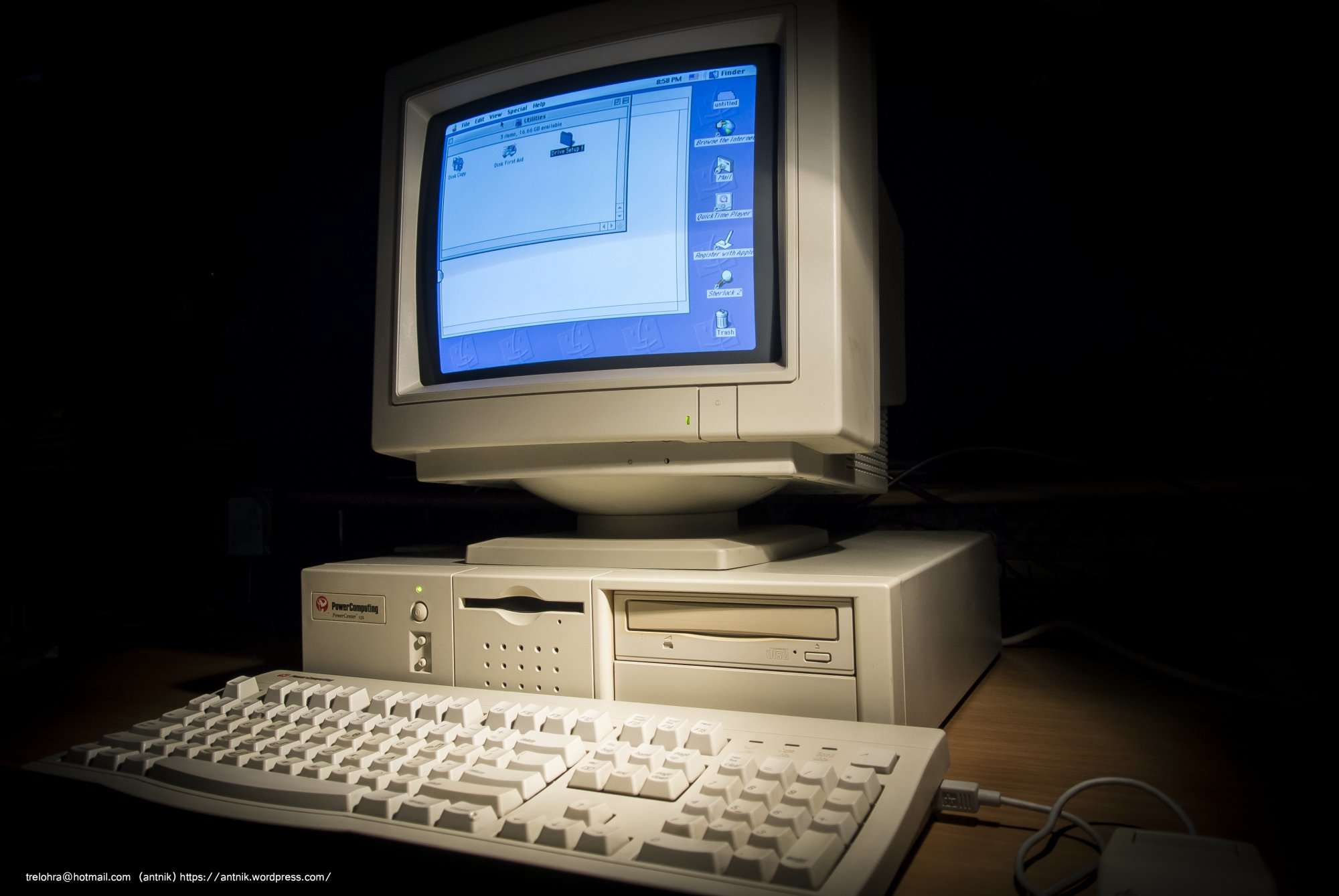Today in Apple history: Apple signs ‘clone Mac’ deal

December 16, 1994: Apple Computer signs a licensing deal with Power Computing, allowing the company to produce Macintosh-compatible computers.
With falling market share, and longtime rival Microsoft steaming ahead thanks to its software-licensing strategy, Apple executives think the only way to compete is for Apple to hand over its operating system for third-party Macs.
Of course, it doesn’t turn out exactly like that…
The Apple software licensing conundrum
Whether Apple should license its technology or not was a massive subject of debate during the 1980s and 1990s. As many saw it, Apple created software vastly superior to that of rivals like Microsoft. However, Cupertino fell behind by jealously keeping the code to itself rather than allowing others to use it.
(In fact, the only licensing Apple engaged in during the 1980s was a ridiculously one-sided deal that gave Windows the legal right to use Mac interface elements, for barely any reward on Apple’s part.)
The result of Apple’s failure to license Mac OS meant that, by the mid-1990s, Windows had become the standard. Mac OS suffered as a bit player.
Despite that fact, in December 1994 Apple actually tied for the world’s largest desktop personal computer maker. Apple took 12 percent of the market, compared to 12 percent for Packard Bell, 11 percent for Compaq, 9 percent for IBM, 6 percent for Dell, 5 percent for Gateway 2000, 3 percent for Hewlett-Packard, and so on.
Just as with Android versus iOS today, Apple dominated hardware sales while its proprietary software remained in the minority.
Somewhere in 1994, Apple’s strategy changed. Put it down to fear of Windows 95 if you want, but Apple suddenly began negotiating deals with third parties to license parts of its technology. In December that year, Apple signed a deal with Bandai, Japan’s largest toymaker, for a games console that would run Mac OS.
Alongside the Power Computing deal, Apple also reached an agreement with Radius, allowing that company to produce Macintosh-compatible computers.
Mac clones: Not such a good deal after all
The “clone Mac” era turned out to be a disaster for Apple. Rather than spurring Mac sales, it just meant cheaper “Macs.” Apple took a massive hit in the amount it earned per unit.
Apple CFO Fred Anderson later worked out that the strategy cost the company money. The $50 fee Apple got for every clone Mac sold didn’t come close to recouping the money lost from people choosing to buy third-party Macs instead of more-expensive official ones.
The deal lasted until August 5, 1997, when Apple became locked in a standoff with Power Computing. Cupertino did a bit of legal jiujitsu, introducing Mac OS 8 and then arguing that the licensing deal for third parties did not extend further than System 7.
In the end, Apple settled the deal by buying Power Computing’s Mac business for $100 million. That brought an end to the Macintosh clone era and cleared the way for the return of Steve Jobs to reverse Apple’s fortunes.
Do you remember the clone Mac era? If so, do you have fond or less-than-fond memories of the third-party Macs that arrived at the time? Leave your thoughts and other recollections below.




